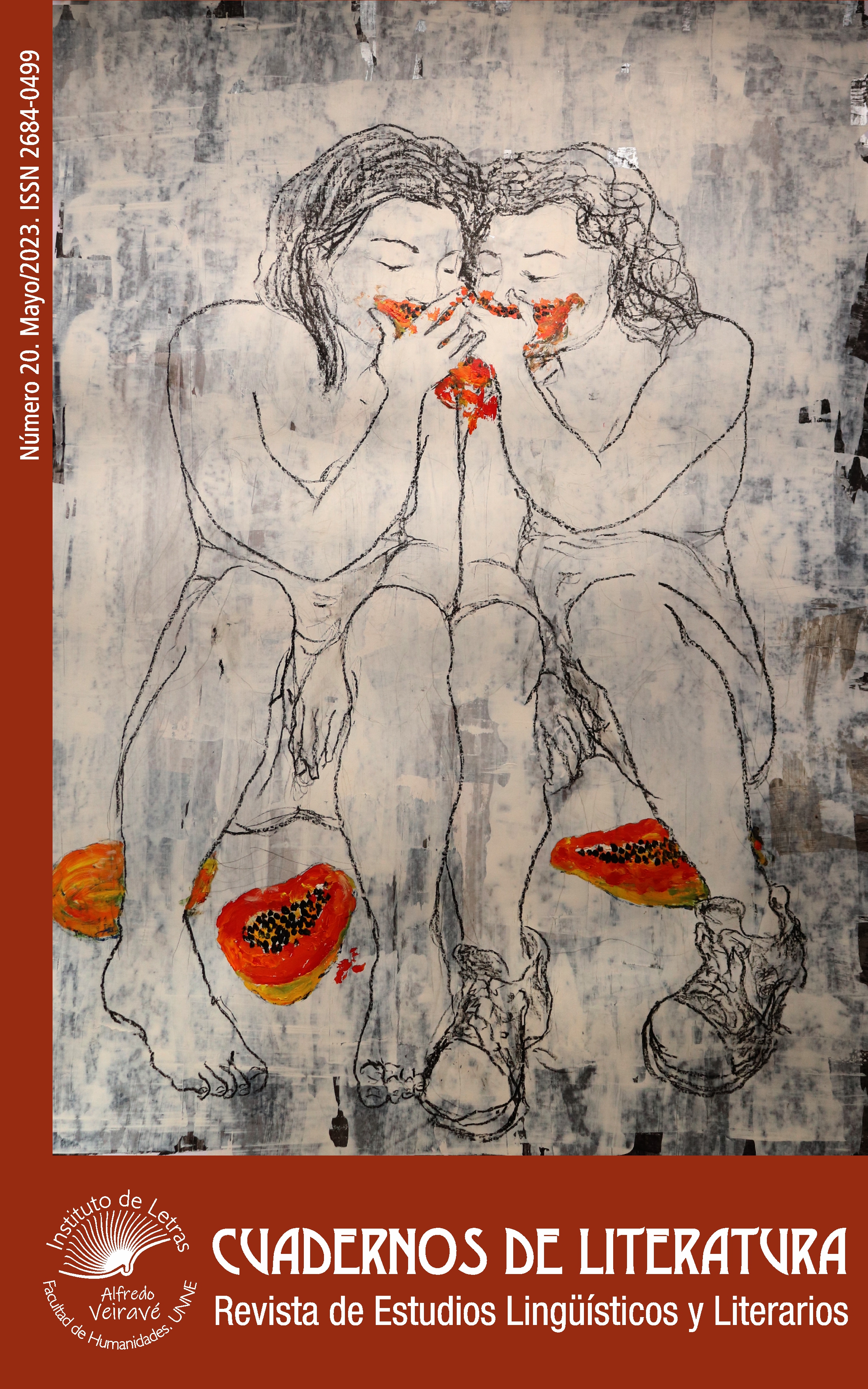Ariadne falls asleep: dream and erotic incapacity in Ovid’s Heroid 10
DOI:
https://doi.org/10.30972/clt.0206631Keywords:
Ariadne, passivity, somnus, iners, languidaAbstract
The subject of this article is the general passivity of Ariadne in Ovid’s Heroid 10. We start from the overstatement of dream (somnus) in the epistle in relation to its most probable source, Catullus’ Carmen LXIV. Then, we move to an erotic level and we study the lexemes iners and languida. These terms create ambiguity as they are usually used in connection with male erectile dysfunction but, in this letter, they refer to the heroin. The hypothesis is that the Cretan princess is configured as a female personification of male sexual impotence. The methodology we use is both philological and intertextual.Downloads
Published
2023-05-31
How to Cite
Hardy, J. A. (2023). Ariadne falls asleep: dream and erotic incapacity in Ovid’s Heroid 10. Cuadernos De Literatura, (20), e2011. https://doi.org/10.30972/clt.0206631
Issue
Section
Artículos









52.jpg)









